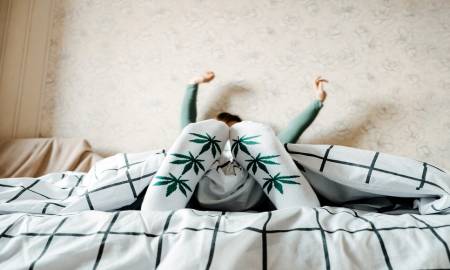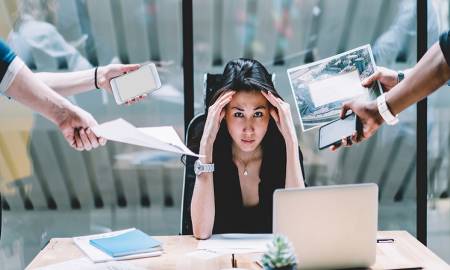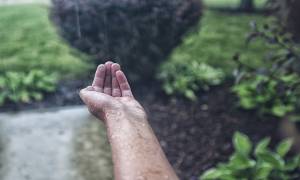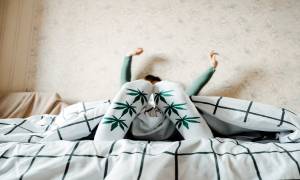Recent Articles
How many times have you walked past the hair care aisle and the words “hair...
By Peace Quarters1. Introduction: What is Tasyyblack? Tasyyblack is more than a color palette it’s a lifestyle,...
By Samantha KindlerIntroduction In today’s information-driven world, the demand for accurate and reliable data is skyrocketing. Whether...
By Samantha Kindler1. Introduction: What is Toastul? Toastul is a modern, creative take on toast-based breakfasts. It’s...
By Samantha Kindler1. Introduction: What is Korpenpelloz? Korpenpelloz is a relatively obscure yet growing phenomenon in contemporary...
By Samantha Kindler1. Introduction: What is Tarnplanen? Tarnplanen refers to a type of durable, weather-resistant tarp or...
By Samantha Kindler
Popular Articles
-

 2.0KBusiness
2.0KBusinessProse vs Function of Beauty: The Ultimate Battle for Healthy Hair
How many times have you walked past the hair care aisle and the words...
-

 69Business
69Businessicostamp: Solution for Digital Stamp – Digital Asset Verification
1. Introduction: The Digital Age of Trust In an era where digital assets define...
-

 63Lifestyle
63LifestyleSztavrosz: People, Culture, and Contemporary Relevance
1. Introduction: Why Sztavrosz Still Matters In an increasingly globalized world, the names of...
-

 63Business
63BusinessHygropack: Moisture Control How It Works and Its Benefits
1. Introduction: The Invisible Threat of Moisture Moisture may seem harmless, but for many...
-

 51CBD
51CBDCan CBD Help With Sleep? Here’s What You Need to Know
1. Introduction: The Modern Sleep Crisis In today’s fast-paced, high-stress world, getting a full...
-

 50Business
50BusinessCoyyn: Digital Capital Revolutionizing Financial & Economy
1. Introduction: A New Financial Era In the ever-evolving world of finance, one name...



























